In the evolving landscape of cannabis legalization across the United States, the question of “Where Weed is Legal in the US” is increasingly complex and dynamic. This comprehensive article aims to shed light on the current state of cannabis legalization, offering insights, valuable information, and engaging stories from various corners of the country.
As the tide of public opinion and legislative action continues to shift, understanding the nuances of where and how cannabis can be legally consumed, purchased, and grown is more pertinent than ever.
- Ditch Weed vs. Cultivated Cannabis
- Blunts vs Joints — what’s the difference between prerolls
- What is Ganja: Unveiling the Origins, Uses, and Culture of Cannabis
The Green Wave
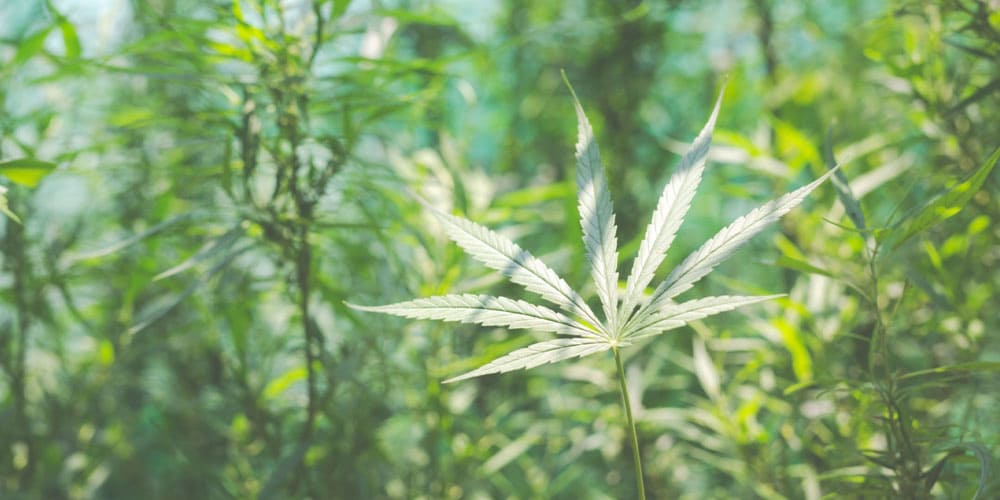
The Green Wave refers to the sweeping movement towards cannabis legalization across the United States. Initially driven by grassroots campaigns and advocacy for medical recognition, this movement has grown into a significant force, influencing policy and public opinion alike. States that have embraced legalization have not only challenged traditional views on cannabis but have also set the stage for a national conversation about drug policy, regulation, and individual freedom.
As the wave continues, its impact extends beyond legal frameworks to touch on economic, social, and health-related areas. States where cannabis has been legalized for recreational use see this not just as a policy shift but as a broader societal evolution. The Green Wave symbolizes a move away from punitive approaches to drug use, towards a more nuanced understanding of cannabis’s role within American culture.
The momentum of the Green Wave shows no signs of waning. With each legislative session, new proposals and ballot initiatives surface, aiming to expand the boundaries of where weed is legal. This movement is not just about legalizing a plant but about reshaping societal norms, challenging outdated laws, and opening up discussions on civil liberties and personal choice.
Embark on a potent journey with High Octane’s 2 original mini joints, each 0.5 grams. An indica-dominant hybrid known for its deep relaxation and euphoric sensation, crafted for a balanced experience.
Recreational Use: A State-by-State Breakdown
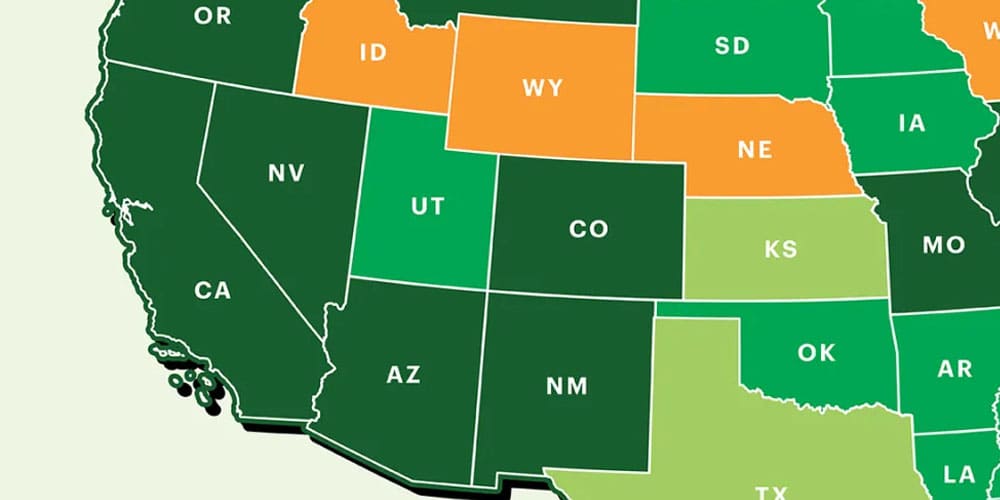
The legalization of cannabis for recreational use is a testament to the changing perceptions surrounding this plant. States that have embraced this change are not only reaping the economic benefits through taxation but are also pioneering a regulated market that aims to ensure safety and quality control. Here’s a closer look at where weed is legal in the US for recreational purposes:
- California: As a trailblazer in cannabis legalization, California legalized recreational cannabis in 2016, setting the stage for a booming industry.
- Colorado: Known for its progressive stance, Colorado was one of the first states to legalize recreational cannabis in 2012, offering valuable insights into the implications of legalization.
- Oregon and Washington: Both states are recognized for their early adoption of recreational cannabis laws, fostering a culture of innovation and regulation.
- Massachusetts, Michigan, Illinois, and Nevada: These states represent the growing trend of legalization in various regions of the US, each with its unique approach to cannabis regulation.
The list of states legalizing recreational cannabis continues to grow, with each election cycle potentially introducing new members to this green wave.
Medical Marijuana: A Compassionate Alternative
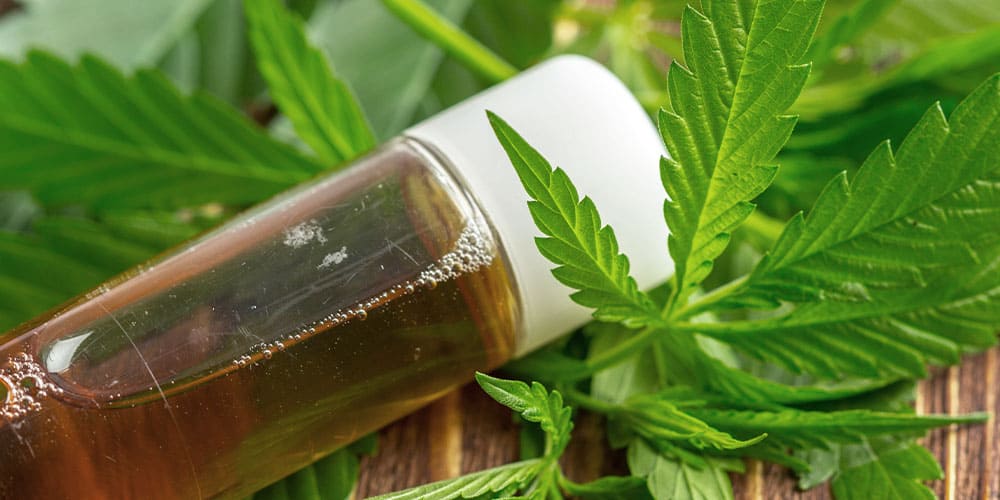
Medical marijuana has been a cornerstone of the cannabis legalization movement, offering a compassionate alternative to traditional pharmaceuticals. For many patients suffering from chronic pain, epilepsy, and other debilitating conditions, medical cannabis provides relief where other medications have failed.
States with medical marijuana programs have implemented rigorous systems to ensure that access is controlled and that patients receive quality care. These programs often include a range of protections for patients, including confidentiality, access to a variety of products, and guidance on dosage and administration.
The evolution of medical marijuana laws reflects a growing recognition of cannabis’s therapeutic benefits. As research continues to uncover the medicinal properties of cannabis, more states are expanding their programs to include a wider range of qualifying conditions. This shift not only benefits patients but also contributes to a broader understanding of cannabis as a legitimate and valuable medicinal substance.
Experience the delightful KUSHBERRY Premium flower, Indica with blueberry and earthy flavors. Perfect for deep relaxation and a euphoric escape from stress.
The Economic Impact of Legalization

The economic impact of cannabis legalization cannot be overstated. In states where weed is legal, the industry has become a significant economic driver, creating jobs, generating tax revenue, and stimulating local economies. The cannabis sector has proven to be resilient, even in the face of economic downturns, highlighting its potential as a key player in economic development.
Tax revenue from cannabis sales has funded various public programs, including education, substance abuse prevention, and law enforcement. This influx of funds has allowed states to allocate resources to areas that were previously underfunded, demonstrating the tangible benefits of legalization beyond the cannabis industry itself.
Furthermore, the legalization of cannabis has spurred innovation and entrepreneurship, leading to the growth of a diverse market of products and services. This economic activity not only contributes to the vitality of local economies but also to the national economy, positioning the cannabis industry as a pivotal area for future investment and development.
Social Justice and Legalization
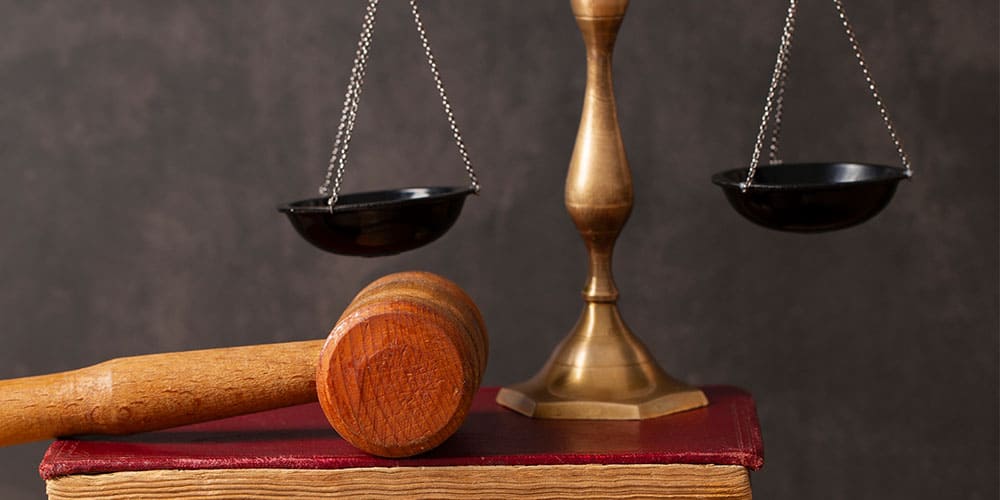
The intersection of social justice and cannabis legalization is a critical area of discussion. The war on drugs has disproportionately affected communities of color, leading to high rates of incarceration and long-term social and economic disparities. Legalization efforts across the states have begun to address these injustices, incorporating measures aimed at equity and reparative justice.
Many states have included provisions for expunging past cannabis convictions, recognizing the lifelong impact these records have on employment, housing, and education opportunities. These efforts are complemented by initiatives to ensure that the economic benefits of legalization are shared widely, including programs to support minority-owned cannabis businesses.
The movement towards legalization is not just about changing laws but about healing communities and rectifying historical wrongs. As more states adopt progressive cannabis policies, the focus on social justice and equity becomes increasingly central, reflecting a comprehensive approach to legalization that considers its broader societal impacts.
Discover Crazy Berry mini joint infused with kief. Ideal for pain relief, it offers sweet citrus flavors and a strong berry scent for a profound experience.
Looking to the Future
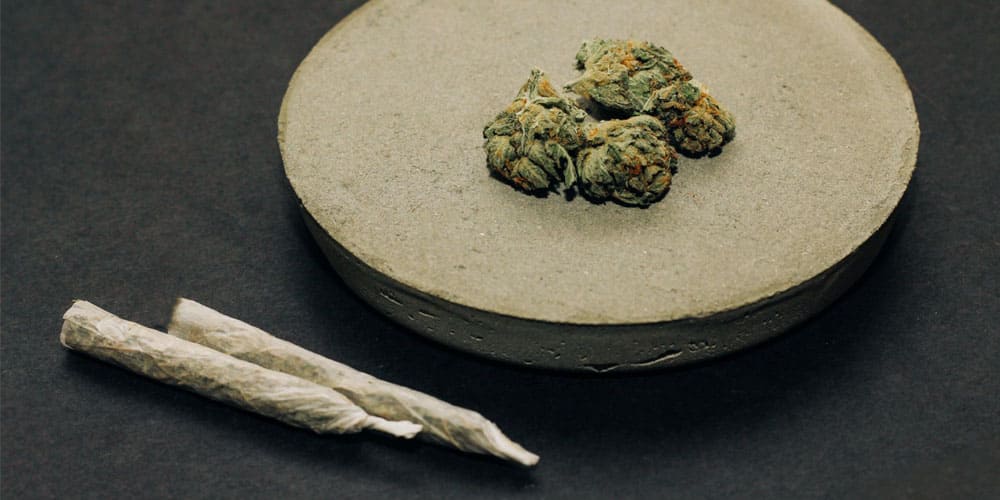
Looking to the future, the landscape of cannabis legalization in the US is poised for continued evolution. With growing public support and a clearer understanding of the benefits of legalization, the trajectory seems to lean towards further expansion. The challenges of federal legalization, banking restrictions, and international implications are on the horizon, requiring innovative solutions and ongoing advocacy.
The potential for cannabis to contribute to health, economy, and social equity opens up exciting possibilities. As research expands and the industry matures, the lessons learned from early adopters will inform the next wave of legalization efforts, both within the US and globally.
The future of cannabis legalization is not just about where weed is legal but about how these laws can improve society, support economic growth, and advance social justice. The ongoing dialogue, driven by evidence and empathy, will shape the future of cannabis in America and beyond, reflecting a dynamic and inclusive approach to drug policy and societal wellbeing.


























